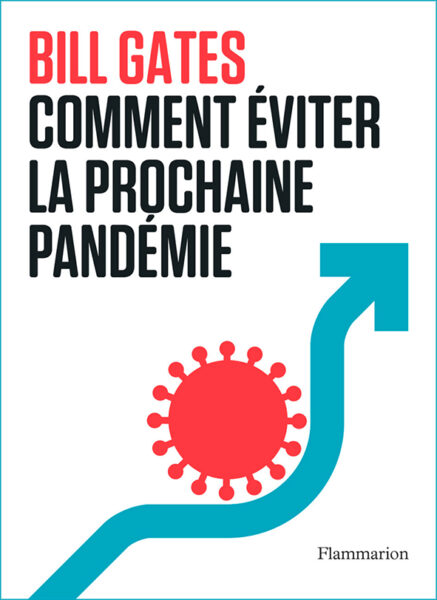“Infectious diseases are part of human life,” stress Didier Raoult and Jean-Paul Segade in this article. When some disappear, thanks to antibiotics or vaccination, others emerge in new forms. After plague and cholera, human beings must do battle today not only with HIV/AIDS, but also with respiratory infections and acute diarrhoea, two forms of particularly epidemic infectious diseases.
Raoult and Segade are insistent, then, that the question of special care for these contagious patients is unavoidable today (hospitalization in specialist departments, in individual rooms, with vaccinated, sensitized staff etc.), particularly as two new epidemics have been developing for some years: the so-called “hospital infections” (linked to the development of multiresistant bacteria) and “imported” epidemics (chikungunya, avian flu, staphylococcus aureus etc.).
In this context, and with the aim of limiting the spread of these diseases, Didier Raoult and Jean-Paul Segade formulate a number of lines of thinking here, particularly in relation to hospital organization.



